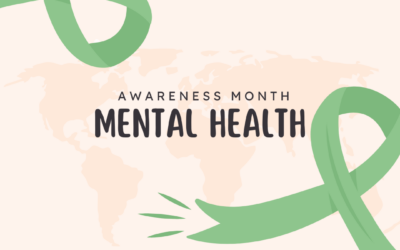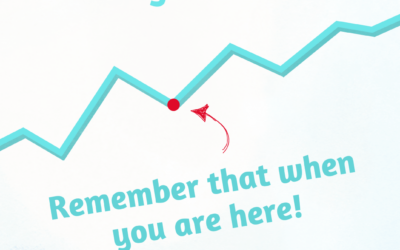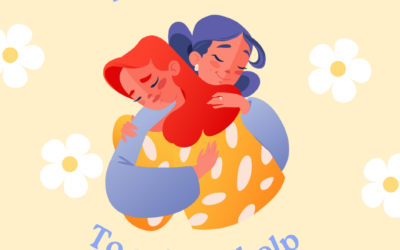Now Enrolling for Adult, Adolescent, and Parent Programs!
Welcome to Caroline’s Corner
This is where I will be sharing helpful tips on coping mechanisms, calming strategies, and other skills to keep you living your best life!
CBT and DBT: What’s the Difference & Which One is Right for You?
CBT is Cognitive Behavioral Therapy and is a widely used therapy that focuses on identifying and challenging negative thought patterns that contribute to emotional distress. It operates on the principle that thoughts, emotions, and behaviors are interconnected – by changing the way we think, we can change how we feel and behave.
May is Mental Health Awareness Month: Prioritizing Well-Being
Each year, May marks an opportunity to reconnect with ourselves and each other, to prioritize mental well-being, and to amplify conversations that can change lives. Mental Health Awareness Month is a time to reflect on the importance of emotional and mental well-being, challenge stigma, and promote access to support.
April is Autism Acceptance Month
April is Autism Acceptance Month, a time to move beyond awareness and toward genuine understanding and support for individuals with autism. While autism has long been discussed in mental health and educational spaces, acceptance means recognizing that people with autism don’t need to be “fixed.” Instead, they need environments, relationships, and support systems that honor their neurodivergence.
ACT vs. DBT: What’s the Difference & Which One is Right for You?
When searching for effective therapy approaches, you’re likely to come across Acceptance and Commitment Therapy (ACT) and Dialectical Behavior Therapy (DBT) among many others. Both are supported by evidence and help people navigate emotions, change behaviors, and build meaningful lives. But how do they compare? And why might DBT be the best choice for those struggling with emotional dysregulation?
Navigating the First Step: What to Expect in an Initial DBT Assessment
Starting therapy can feel overwhelming, and the first step in our comprehensive DBT program is an initial assessment with a therapist. Whether this is your first time in therapy or you’ve been through an assessment before, it’s completely normal to feel a little nervous. Our goal is to create a collaborative, nonjudgmental space where you feel supported and understood.
March is Self-Harm Awareness Month
Self-harm refers to deliberate actions that cause physical harm to oneself as a way to cope with emotional distress. It can take many forms, including cutting, burning, scratching, hitting oneself, or interfering with wound healing. While self-harm is often associated with adolescents, individuals of any age, gender, or background can struggle with it. Though it may seem counterintuitive, self-harm often serves as a coping mechanism—helping individuals regulate overwhelming emotions, express distress, or regain a sense of control when they feel powerless.






